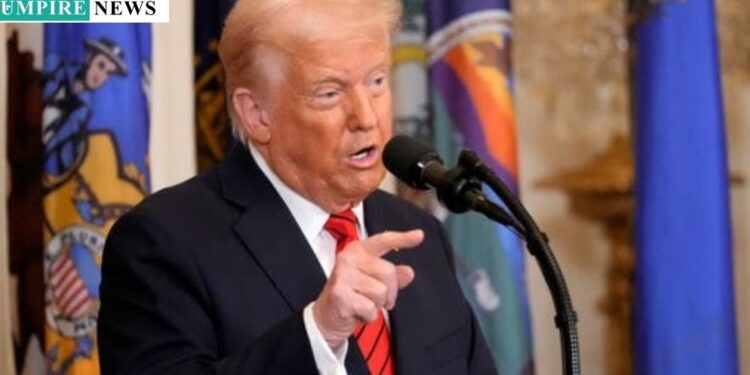US President Donald Trump has denied signing a proclamation that invoked a 200-year-old law to deport alleged Venezuelan gang members.
The proclamation, which was published in the Federal Register with Trump’s signature, authorised the deportation of
238 men who were claimed to be members of the Venezuelan gang Tren de Aragua.
However, Trump suggested that his secretary of state had more to do with the matter, telling reporters that he didn’t
sign the proclamation. “I don’t know when it was signed because I didn’t sign it. Other people handled it,” Trump said.
You may also like: WHO Urges Trump to Reconsider Withdrawal
The use of the Alien Enemies Act (AEA) to deport the alleged gang members has been widely criticized. A federal
judge described the move as “incredibly troublesome” and questioned the legality of using the 1798 law to summarily
deport the Venezuelan migrants.
The AEA has only been used three times in US history, during the War of 1812, World War I, and World War II. Judge
James Boasberg noted that even during World War II, people got hearings before being deported.
The deportation of the Venezuelan migrants has sparked outrage, with many arguing that they were targeted solely
because of their tattoos. Attorneys for the deported Venezuelans claim that their clients were not members of the
Tren de Aragua gang and had committed no crimes.
Trump has defended the deportations, describing the alleged gang members as “killers, murderers, and people that
were really bad with the worst records you’ve ever seen.” However, his denial of signing the proclamation has raised
further questions about the legality of the move.
The controversy has also sparked a rare public rebuke from Supreme Court Chief Justice John Roberts, who criticized
Trump’s call for Judge Boasberg’s impeachment. Roberts described impeachment as “not an appropriate response to disagreement concerning a judicial decision.”




































